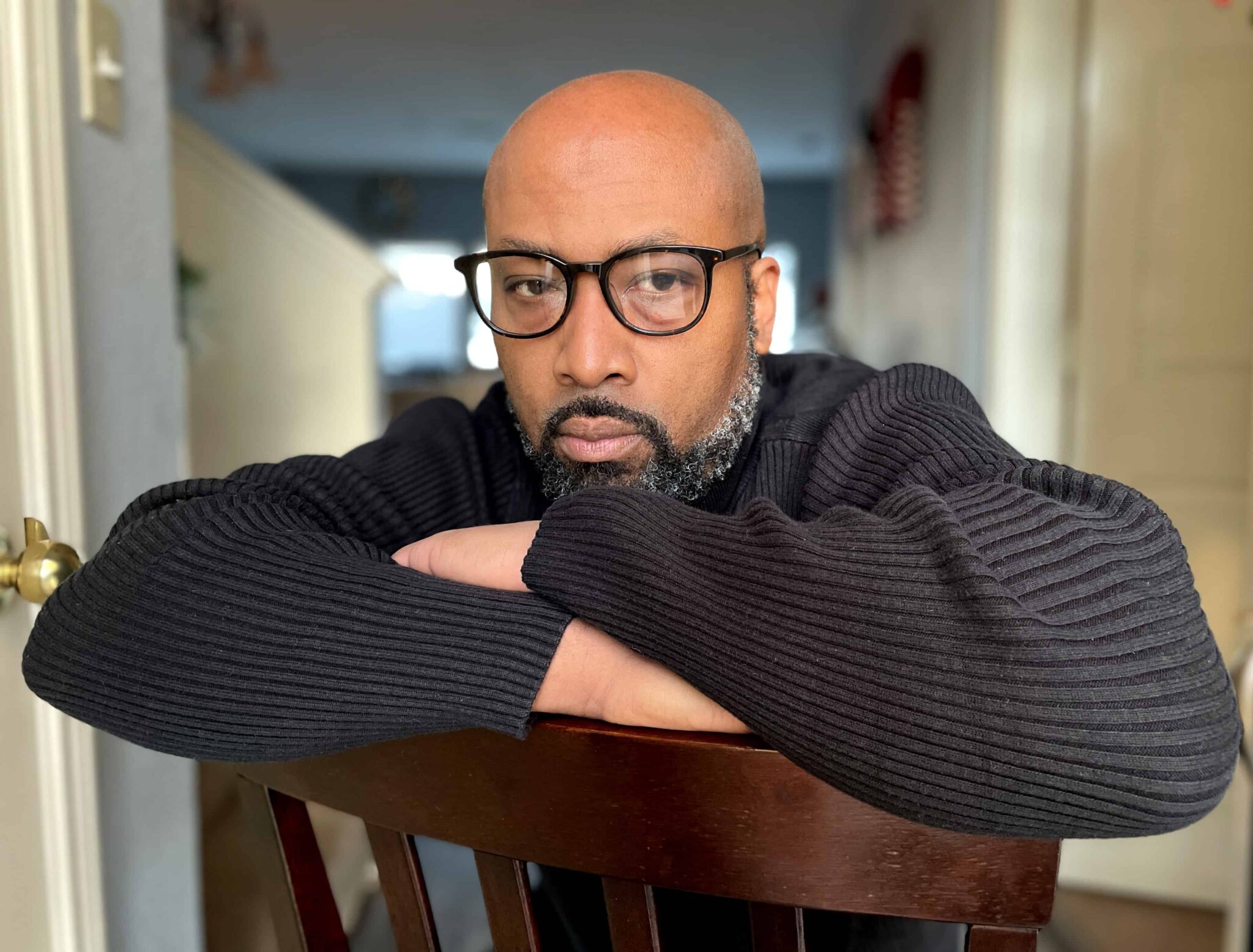Disclosure: This post is sponsored by Omron. All opinions are my own.
What a difference a month can make. In early March, I was making plans to significantly change my lifestyle to improve my heart health, and then COVID-19 totally disrupted everything.
However, I continue to take steps to keep my heart health on-track.
One of the first things I did was schedule an appointment with my cardiologist. I feared that I was in the high-risk category for COVID-19 after being diagnosed with an AFib. But my city’s “Stay Home. Work Safe” order prevented me from going to my doctor’s office.
Fortunately, he anticipated these circumstances and was seeing patients virtually through Zoom. His team sent me a link and I was good to go.
About an hour before my appointment, a nurse called me to ask if I could take my blood pressure and pulse so she could record them. Thankfully, my trusty OMRON Complete was capable of tracking all of the data. My blood pressure was much lower than it had been in a while. Not going out seemed to be having a positive impact on my health.
During my appointment, my cardiologist reviewed my BP numbers and commended me for keeping those under control. He asked a few questions about my general physical and mental health then delved more specifically into my heart health – Have you had any chest pains? No. Any palpitations? No. Any headaches or shortness of breath? No. He ended the appointment with one final question: Do you have questions for me?
Of course, I did.
“The main thing on my mind is the coronavirus,” I said. “What is my risk if I contract the disease?”
He was honest and told me that he was unsure of how it would affect me because people are having very different reactions to the virus. But he emphasized that African-Americans are dying at a disproportionate rate so I should take extra precautions: stay home, but if you must go out, wear a mask and gloves; wash hands thoroughly; keep stress levels low; exercise and eat well.
I took his advice and revised my heart health plan to incorporate COVID-19 prevention tips:
- Instead of going to the gym, I’ve created a calisthenics routine that uses minimal equipment and focuses on using my body weight. To spice things up a bit, I go on YouTube to find 80s workout videos. Not only are these fun to watch, but they are also surprisingly effective.
- I continue my meditation practice and it keeps me centered, focused, and calm. In addition, I’ve discovered new online religious organizations that help me remain connected to my spirituality.
- I am eating much better because I have to plan my meals in accordance with my bi-weekly trips to the grocery store. I’ve renewed my joy of cooking by visiting food blogs, watching online videos, and scouring Pinterest recipes.
- The overall slower pace of life has made me feel more relaxed and I’m enjoying the extra time with my family. I’ve even started a gratitude journal to document all the ways I’m thankful.
- Each morning, during my 90-day journey with OMRON Healthcare, I measure and monitor my blood pressure with my OMRON Complete. This act of self-care helps me keep my blood pressure in check. Knowing my numbers gives me peace of mind.
Although my 90-Day heart health challenge hasn’t gone as I’d originally planned, I’m still making progress to improve my overall heart health and practice self-care. I’ll take things one day at a time and remain committed to making incremental improvements.
Tweet us @mochamanstyle or leave a comment on our Facebook Page to share your thoughts on this article. Follow us on Instagram @mochamanstyle

Frederick J. Goodall is the Editor-in-Chief of Mocha Man Style, media spokesperson, event host, photographer, and a top social media influencer in Houston, TX. He likes to write about fashion, cars, travel, and health.


